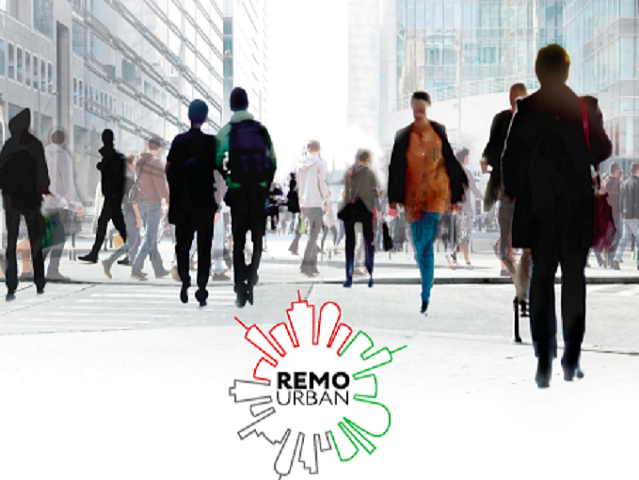Urban Regeneration Model from the Smart Cities and Communities project REMOURBAN
REMOURBAN is a five-year project funded under the EU’s Horizon 2020 programme. Since its kickoff in 2015, the project has designed and demonstrated the effectiveness of a holistic urban regeneration model combining energy, mobility, ICT with a citizen-centric approach. At the end of this long journey, REMOURBAN makes its model available to all those cities working on their clean energy transition towards more sustainable urban environments, in line with the European Green Deal goals. The Urban Regeneration Model (URM) by REMOURBAN is a methodological guide for the implementation of technical and non-technical solutions (such as citizen and stakeholder engagement, management and governance, business models, financial instruments). The Model stands out from existing urban planning methodologies: it features integrated decision-support tools to help implement each step of the methodology. The model was developed by 22 multidisciplinary partners of the Smart City project REMOURBAN and tested in real-life conditions in three cities, Valladolid (Spain), Nottingham (United Kingdom) and Tepebaşi/ Eskişehir (Turkey). Thanks to the implementation of this model, overall the project has achieved more than 34% energy reduction and saved 50% CO2 emissions through low energy districts, smart mobility and ICT solutions. REMOURBAN Coordinator Miguel Á. García Fuentes from CARTIF says that “Our project’s legacy is a proven and replicable model for use in towns and cities across Europe. We’re proud of this Urban Regeneration Model and its ability to improve people’s lives in urban areas. With REMOURBAN, we’ve transformed the ecosystems in the three lighthouse cities while enabling other cities to embark on their own smart and sustainable transformations. Our ultimate goal is already becoming reality.” The Urban Regeneration Model is available on the REMOURBAN website at the following link: http://www.remourban.eu/technical-insights/best-practices-e-book/best-practices-e-book.kl
Keywords
energy, mobility, ICT, citizen-centric approach, clean energy transition



